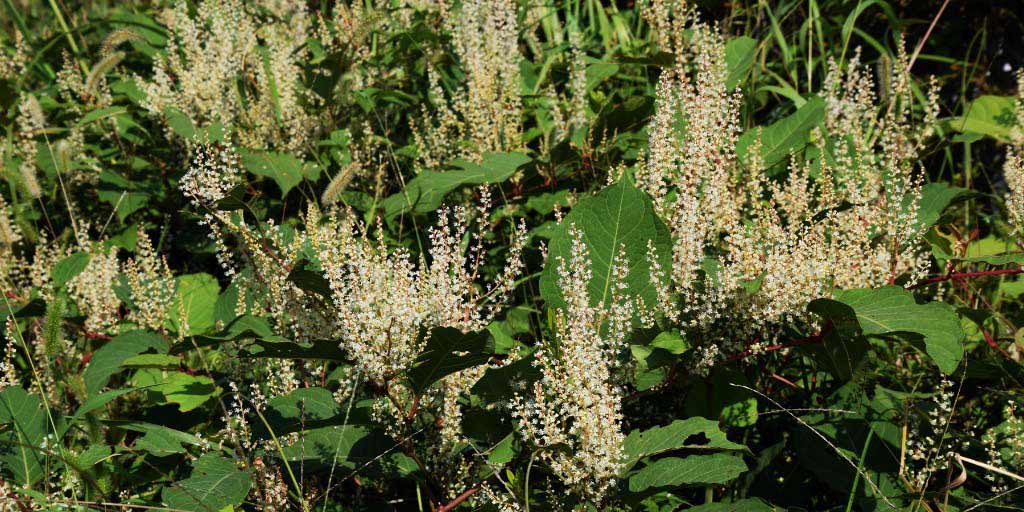Forget me Knots

Forget me Knots
A new draft guidance has been produced on Japanese knotweed and its impact on residential property by RICS. The hope is that the new guidance will create confidence that the presence of this beast will not be detrimental to the sale of homes.
What is Japanese Knotweed?
Firstly, for those unfamiliar with Knotweed, it is generally a property owners worst nightmare. It is known as an “invasive, non-native species” or INNS. It is a plant that, when introduced into a natural environment, where they are not normally found, creates significant negative consequences for said new environment.
Knotweed can negatively impact biodiversity by crowding out native and therefore limiting plant and animal diversity. It has been found to create structural damage to buildings and land and has been known to grow through tarmac and other services and has even contributed to the risk of flooding through riverbank erosion!
Identifying the Knotweed is unfortunately only a fraction of the battle as knotweed is extremely difficult to eradicate. It is resilient and vigorously regrows after being cut back. The roots push deep into the soil meaning that if even the smallest amounts are left behind, the regrowth will be significant.
What is the current legal position?
The Wildlife and Countryside Act 1981 provides that it is an offence to cause Japanese Knotweed to grow. Some protection is afforded however where it can be demonstrated that a person took all reasonable steps and exercised due diligence. Where this can be shown, it shall be considered a valid defence.
A property owner is also required by law to disclose to any prospective purchaser the presence of Knotweed and provide a plan for eradication written by a professional. Knotweed is classified as “controlled waste” under the Environmental Protection Act 1990 so must be disposed of at a licenced landfill site.
The new guidance
The new guidance is optimistic that the presence of Japanese Knotweed does not need to cause delayed or cancelled property sales where the knotweed can be properly managed. With this in mind, the focus of the draft guidance centres on the control of knotweed as opposed to its total eradication.
The guidance discusses the use of Japanese knotweed management plans to allow sales to proceed. The plans will
- be comprehensive and issued by recognised contractors
- be assignable to subsequent owners
- relate to the whole of the property [not merely the affected area]; and
- be backed by five-ten-year guarantees with third party insurance.
Such plans will also contain proposals as to what should be done in the event of some inevitable regrowth.
The shift towards a plan that is more focused on control rather than eradication will no doubt welcomed news, particularly when dealing with a plant that is near on impossible to remove.
Contact our Real Estate Dispute Resolution team today
If you would like to discuss any issue relating to Japanese Knotweed affecting your property or want advice on bringing/defending a negligence claim, please do not hesitate to contact a member of the Real Estate Dispute Resolution Team on 01895 207835 or 01895 207295, or email us at propertydisputes@ibblaw.co.uk.
